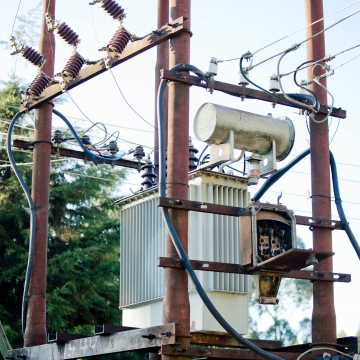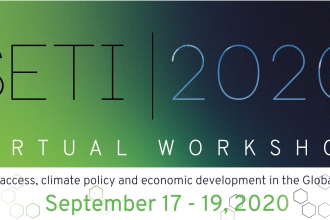Short-run subsidies, take-up, and long-run demand for off-grid solar for the poor – evidence from large-scale randomized trials in Rwanda
Abstract
Over a billion people lack access to electricity, instead relying on kerosene and other dirty lighting sources, while grid expansion is not expected to keep pace with population growth. Moreover, pneumonia is the leading cause of death for under-fives in the world and kerosene smoke is a significant risk factor.



